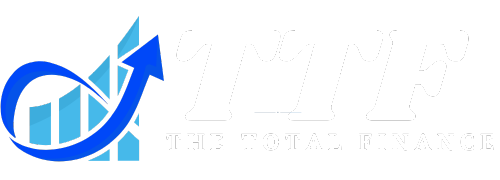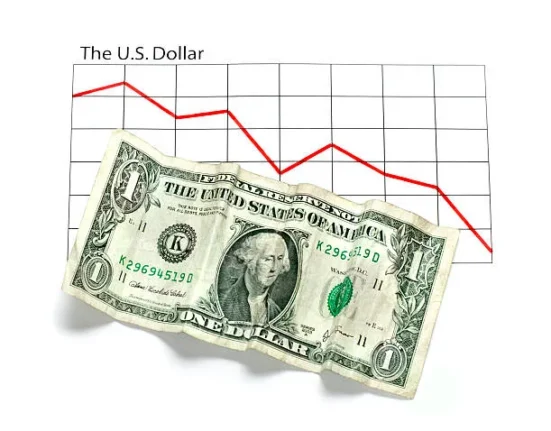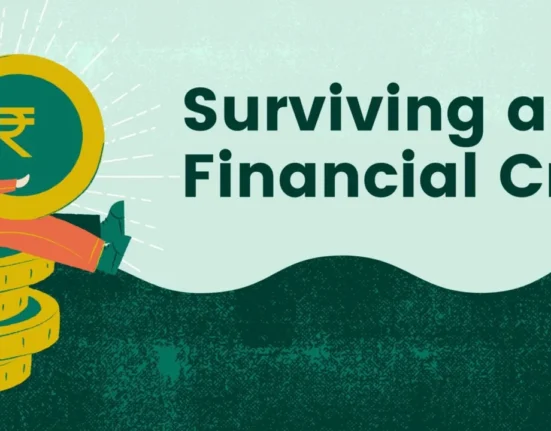Credit Cards and their importance
Credit Management are not just a payment method for purchases, they are a gateway to different financial opportunities and duties. Mainly utilization of credit cards involves payment through these, which also allow you to borrow an amount up to a specified limit with the repayment deadline to avoid interest. They have several advantages if used wisely such as building credit history, bonus rewards, emergency requirements, discount offers, and protection against fraud.
Credit cards come in a variety of forms, each intended for a particular use:
- With rewards cards, you can accrue points or cash back for regular purchases.
- Benefits like airline miles, lounge access, and travel insurance are offered by travel cards.
- Balance transfer cards let customers pay off high-interest debts at reduced interest rates.
- Secured Cards are designed for persons with low or weak credit histories, requiring a deposit as collateral.
Despite their several benefits, credit cards can cost a high financial burden and could prove as a bad debt in case of poor money management. Interest rates could dangerously behave as a catalyst for increasing financial burden exponentially.

Core Principles Of Credit Card Management and Usage.
To make the most of credit cards, it’s essential to follow key principles that ensure financial freedom and avoid debt traps.
Create a Budget and Stick to It
Plan a budget first to manage your expenses or spending before using a credit card. Treat your credit card as only a payment method first, or as much as borrowed money, not extra income. Do ensure that you can pay back the balance within the deadline. Escape from interest anyway.
Pay Balances in Full
Carrying a balance over months leads to interest charges and so as increasing debt that quickly goes off the rails. Pay the full amount of your statement and payback timely to avoid interest, and keep the credit utilization least as possible.
Track Your Spending Regularly
Track your expenses and purchases respectively, stay within the budget, avoid useless spending and spot any unauthorized transactions.
Avoid Late Payments
Avoid late payments, it will damage your credit score resulting in an uplift of the interest and hefty fees. Monitor regularly, setup automatic payment reminders or alarms to never miss a due date.
Keep Credit Utilization Low
One of the major factors to balance your credit limit is a ration of credit utilization. To keep your score high, try to use no more than 30% of your available credit.
Advanced Credit Management Techniques
Once you have a good command on basics, you can also follow advanced credit management strategies. Below is one of the insightful ones explained.
Leverage Rewards Programs
Amend your spending to earn points, miles, or cashback. Analyze the rewards system of your credit card. Furthermore, you can also use travel cards for flights and hotel accommodation.
Take Advantage of Balance Transfers
Suppose your credit card implies high-interest debt, you can consider transferring it to a card with the least introductory rate such as 0% or the least as possible. This will save you money but make sure to pay off the balance before the promotional period ends.
Negotiate with Credit Card Companies
Get in touch with your credit card company if you’re having trouble paying excessive interest rates or fees. Better conditions can be negotiated by many businesses, particularly for devoted clients with solid payment records.
Build a Strong Credit History
Your credit management skills are reflected in your credit score. Making a good credit history should be part of your financial goals. Use credit cards frequently but carefully and responsively to build a good credit history timely. This will help you to stand for better loan terms and higher credit limits.
Utilize Credit Management Tools
There are the top budget apps available in the market. Many are with the tools and features for not only personal money management but for Credit & Debt Management as well. From expense trackers to spending stats and data visualization to insights about your financial habits and reminder alerts for due dates, several kinds of budget apps are available.
Conclusion
Credit cards are a powerful financial tool that boost your purchasing power, build your credit profile, and offer benefits but effective and responsible management is the key. Well-disciplined and strategic utilization of credit cards that align with Credit and Debt Management principles to avoid pitfalls are must. Credit cards can work for you providing smart credit management solutions, not against you, if you set up budgets, pay off balances on time, use sophisticated techniques, and get help when needed.








